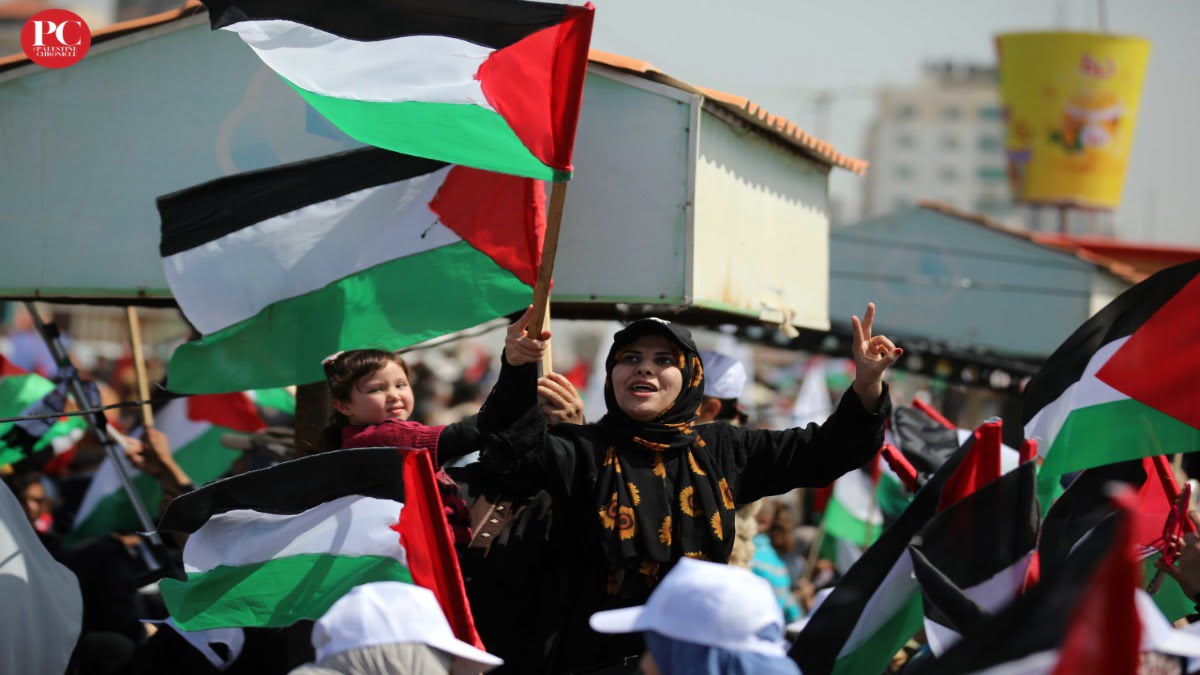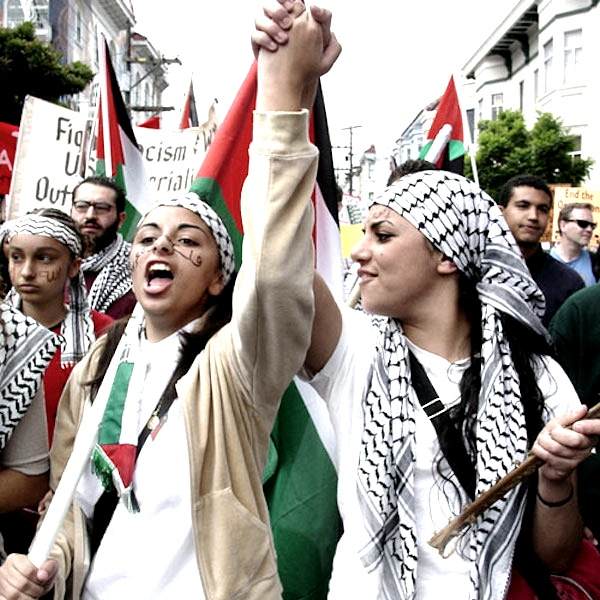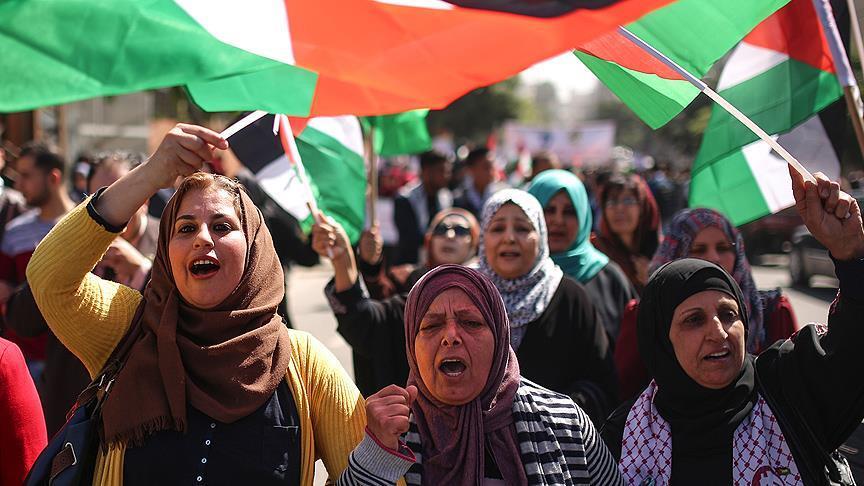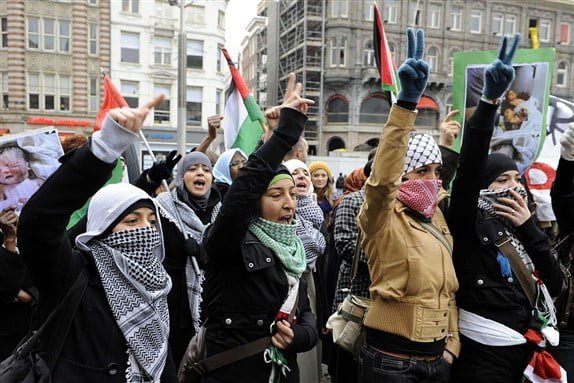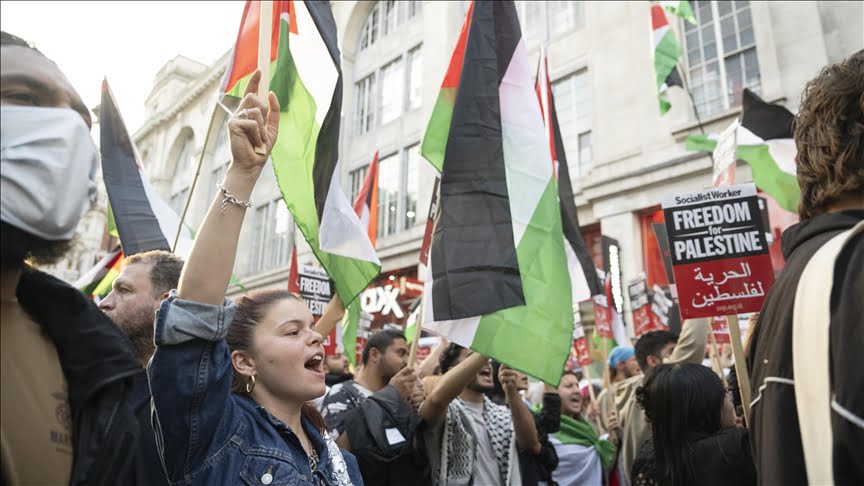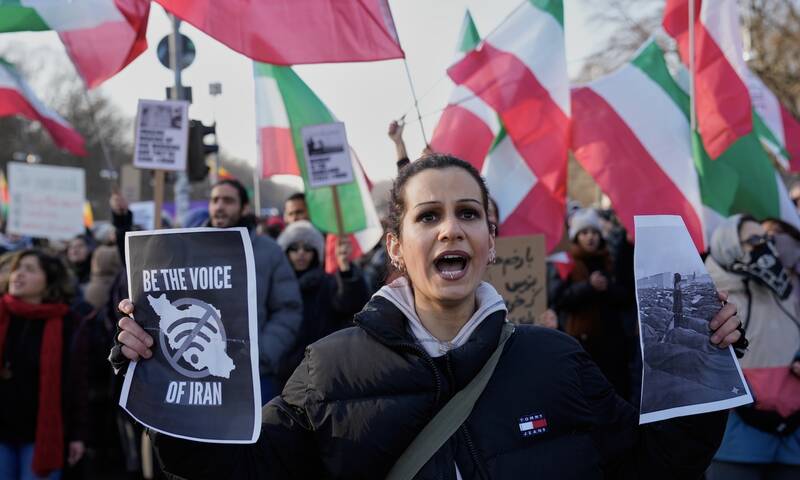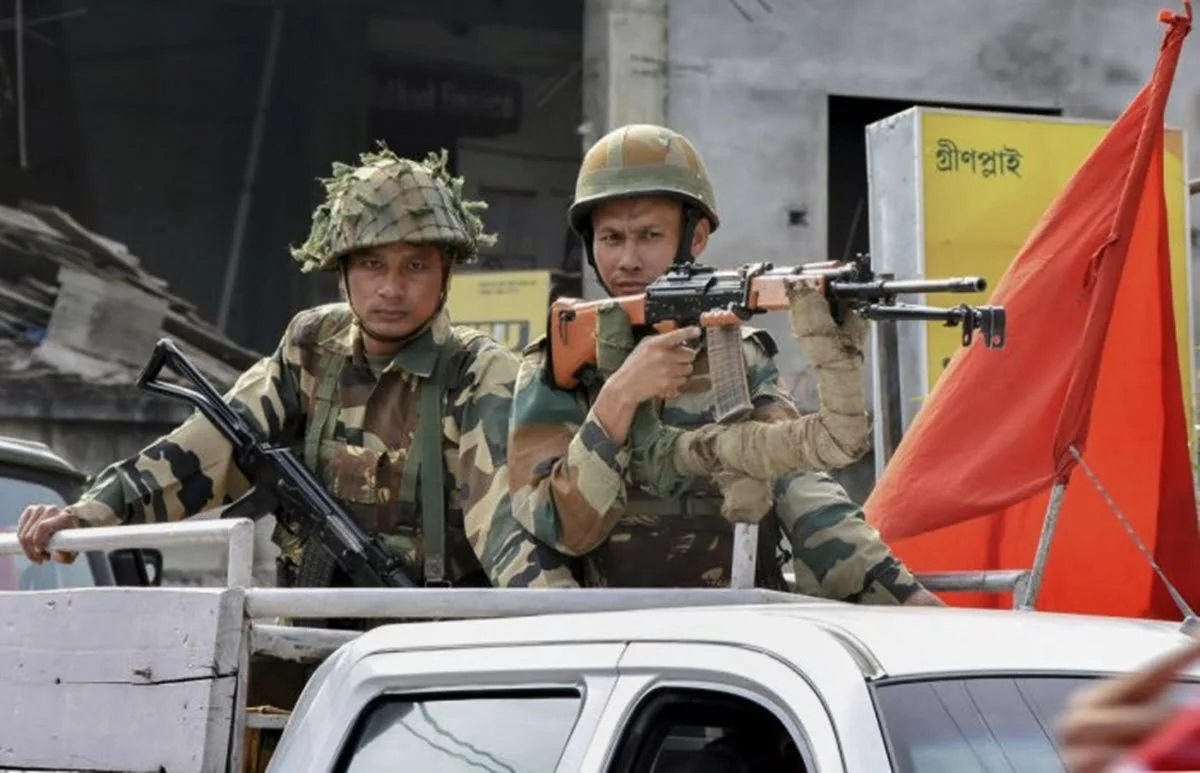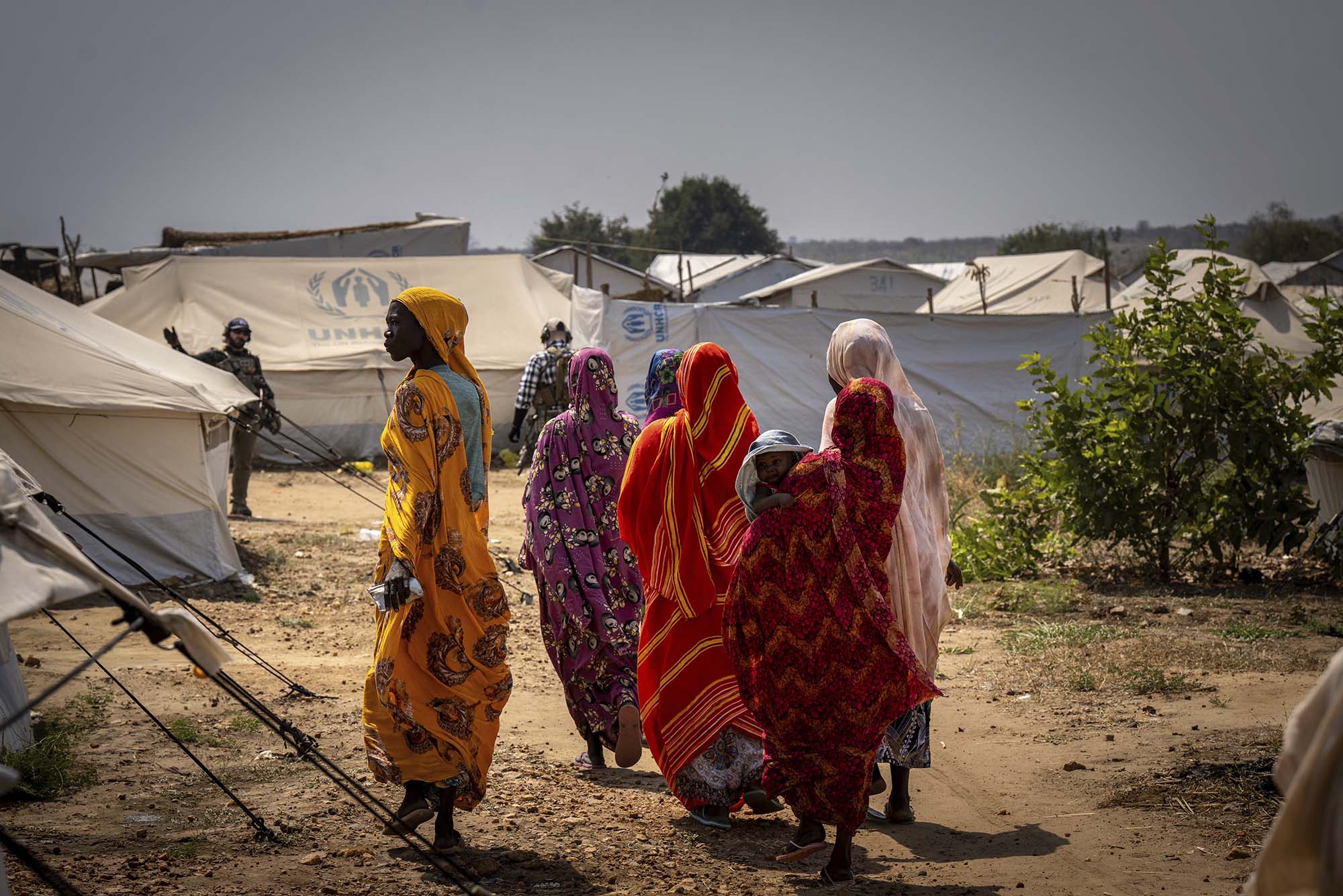Over the past 70+ years, Palestine has been under the occupation of the apartheid state of Israel. Global media often underlines the occupation of Palestine as the ‘Palestine-Israel Conflict’. In a 1970 interview of Palestine writer and journalist Ghassan Kanafani, he critically tells the Australian journalist, that ‘it is not a conflict, it is a liberation movement fighting for justice‘. As it cannot be neglected like it has been throughout the past decades, the genocide of Palestinian citizens made headlines after the Hamas attack on 7th October in Israel’s illegal territory. The attack was an unexpected slap on the face of the most advanced and intelligent military unit in the world and led to the killing of more than 10,000 civilians including 3,000+ children, and 1000+ women.
In a time where the histories and identities of the minority communities are under threat, we should not forget ‘selective solidarities’ like the unconditional support shown towards Ukraine during their war with Russia. Without any doubt, Global political powers shut their doors against Putin’s Russia and allowed racist comments during the media reporting of the Ukraine war by Western/White Media. The latest report published by UN Women states finally acknowledges the crisis in Palestine which had been historically neglected by Western political players who only show ‘selective solidarity’. The UN report says: ‘Even prior to the crises, the situation in Gaza was dire. 97 percent of men and 98 percent of women feared for their safety‘.
From resistance to liberation: women’s movement in Palestine
It was in the 1920s, that the women’s movement in Palestine emerged. The movement grew in tandem with the Palestine national movement, first against British Colonial rule followed by the illegal occupation of the Jewish State- Israel. At first, it was the educated upper-class women who came forward in the foundation of the first Palestinian Women Union in 1921 in Jerusalem. In 1929, the first Women’s Conference was held in Jerusalem to mobilise the citizens and to increase the participation of women at the forefront.
The large participation and organisation of Palestinian women resulted in a strong demand for the repeal of the Balfour Declaration, limiting the Zionist immigration and spreading Palestinian nationalism by creating anti-British movements. In the Great Palestinian Revolt (1936-39), movements were organised by feminist Tarab Abdul Hadi and rural women played a significant role in response to faz’a alarm calls for inter-village help by rallying in defence of the rebellion.
In the Great Palestinian Revolt (1936-39), movements were organised by feminist Tarab Abdul Hadi and rural women played a significant role in response to faz’a alarm calls for inter-village help by rallying in defence of the rebellion.
However, the Isreal- Palestine war of 1948 and the following first Nakba (Palestinian Catastrophe) led to a gap in the active participation of women and a decline in the organised public actions in the movement. During the exile, some women established orphanages and health clinics, and others were part of underground political activities. Among the many women who joined these parties only a few attained leadership roles like revolutionary figures like Leila Khaled and Fatima Bernawi. Large numbers of others moved into the social service sectors due to the conservative social order in the country.
Later, followed by the 1967 war and the occupation of the West Bank and the Gaza Strip, the women of Palestine faced a triple form of oppression- gender, class and nationality. Their loss in the war led to the destruction of Palestinian stability, which transformed the social life of the citizens drastically
Feminism and nationalism: women in the forefront of the liberation movement in Palestine
It was in the 70s and the early 80s that many social-political and economic disagreements led to the rise of different ideologies and the foundation of various political committees and unions. Some of the major organisations were the ‘Federation of Palestinian Women’s Action Committees’, ‘Union of Palestinian Working Women’s Committee’, ‘Union of Palestinian Women’s Committee and the ‘Women’s Committee for Social Work’. Under these forums and others, a new movement spread across the streets of Palestine, extending their agenda in addition to national issues by including demands such as the right to struggle, to work, to be educated, and to be represented equally in political decision-making. These democratic changes both at structural and ideological levels mobilised Palestinians especially women, the working class, youth and students.
On International Women’s Day of 1978 and 1988, the slogans for both national liberation and women’s liberation struck the corners of the nation simultaneously. Palestinian Sociologist Eileen Kuttab quotes ‘It would have been unrealistic for the women’s movement to prioritise women’s issues and rights, while all the Palestinian people, men and women alike, were being denied their basic human and national rights.‘
It would have been unrealistic for the women’s movement to prioritise women’s issues and rights, while all the Palestinian people, men and women alike, were being denied their basic human and national rights
Eileen Kuttab
It does not mean women’s rights and issues have never been addressed or considered significant. Rather, Feminism and Nationalism in the Palestine context are the two sides of the same coin, which cannot be acknowledged or solved without the other. Kuttab adds, ‘Women’s issues are not separated but linked organically to issues of the nation deepens the understanding of Palestinian women’s vision of tying the national liberation struggle to gender equality and women’s emancipation.‘
The Oslo Agreement of 1993 and its dissolution after seven years by Israel resulted in the second intifada known as the Al-Aqsa Intifada (2000- 2005), which continued for five brutal years. Later, with the digital revolution, the possibilities of participation and visibility of women in the movement largely increased and documented what was going on in the largest open jail under the military occupation. Scholars, students and the youth took the movement to different levels. Universities and many organisations around the world gathered to protest against settler-sponsored violence on different occasions in the past decades.
The graduation speech of Palestinian Activist Muna El Kurd reminds her fellow mates that, ‘these certificates are not just a piece of paper, it’s a weapon with which we defend our house, our land, our trees and ourselves.‘ The world listened to Muna when she declared Palestine would be from land to sea. She concludes her speech by declaring ‘Nakba will end and occupation will come to an end. How long it takes, it will end.‘
Othering of feminism: A critical statement
Throughout history, women have suffered all kinds of violations and discrimination under various circumstances. These issues of injustices were raised by many political, feminist and reformist leaders during different periods. The consequences of colonisation, military occupation, war, or any kind of non-peaceful circumstances in addition to patriarchy, impact women differently. However, the voices of minority women have never been addressed by Western feminists and discourses, especially in solidarity with the women of Palestine.
Here, the lack of interest of Western feminists and discourses in the decades of settler-sponsored violence towards Palestinian women by the apartheid state of Israel, creates a gap in the feminist movement.
Therefore, women from minorities reject white-liberal feminism which fails to recognise, address and signify the intersection between racism, imperialism, economic exploitation, and gender discrimination. Here, the lack of interest of Western feminists and discourses in the decades of settler-sponsored violence towards Palestinian women by the apartheid state of Israel, creates a gap in the feminist movement.
On the other hand, scholar Lila Abu-Lughod criticises Western feminists for their deep interest in the ‘Saving of Muslim women’, as part of First-World Western propaganda. ‘The international community often likes to spin the issue with gendered violence in Palestine as if it’s an ‘Arab problem’ and Palestinian women need saving from Palestinian men. Such orientalist discourse propagates colonial views and white saviour-complex urges that are used to justify humanitarian interventionism‘, elaborates a Palestinian Policy Fellow.
Similarly, the rhetoric of pinkwashing, which is also used by Israel as a retort against the LGBTQIA+ community from Palestine, has been a successful one for dominant countries to represent themselves as ‘progressive’, and ‘democratic’, while degrading the other as ‘backward’, and ‘inhumane’.
Muslim women who face multiple forms of oppression from most of the social institutions kick back with the same tool of feminism by questioning the hegemonic system and the hierarchy within the ideology itself as a restatement of feminism.
Hence Palestinian women and all other women of intersectional identities question the exclusion of their lived experience from the Western feminist movements. Muslim women who face multiple forms of oppression from most of the social institutions kick back with the same tool of feminism by questioning the hegemonic system and the hierarchy within the ideology itself as a restatement of feminism.
All these years of resistance show that the people of Palestine never settle for any injustice and will never take any step back. Moreover, the women of Palestine are coming forward more to the forefront as the weavers of both liberation and sovereignty, as the face of resistance, and for remedying the aftermath of oppression by establishing their feminism.
References:
- Kuttab, E. (2009). The Palestinian Women’s Movement: From Resistance and Liberation to Accommodation and Globalization.
- Hughes, M. (2015, May 19). Palestinian Collaboration with the British: The Peace Bands and the Arab Revolt in Palestine, 1936–9. Journal of Contemporary History, 51(2), 291–315. https://doi.org/10.1177/0022009415572401
- Aldossari, M. (2023, October 23). Western feminism and its blind spots in the Middle East. Al Jazeera. https://www.aljazeera.com/opinions/2023/10/23/western-feminism-and-its-blind-spots-in-the-middle-east
- Hawari, Y. (2018, December 4). Patriarchy in Palestine. Al Jazeera. https://www.aljazeera.com/opinions/2018/12/4/patriarchy-in-palestine
- El-Kurd, M. (2018, October 25). Palestinian women: An untold history of leadership and resistance. Al Jazeera. https://www.aljazeera.com/opinions/2018/10/25/palestinian-women-an-untold-history-of-leadership-and-resistance
